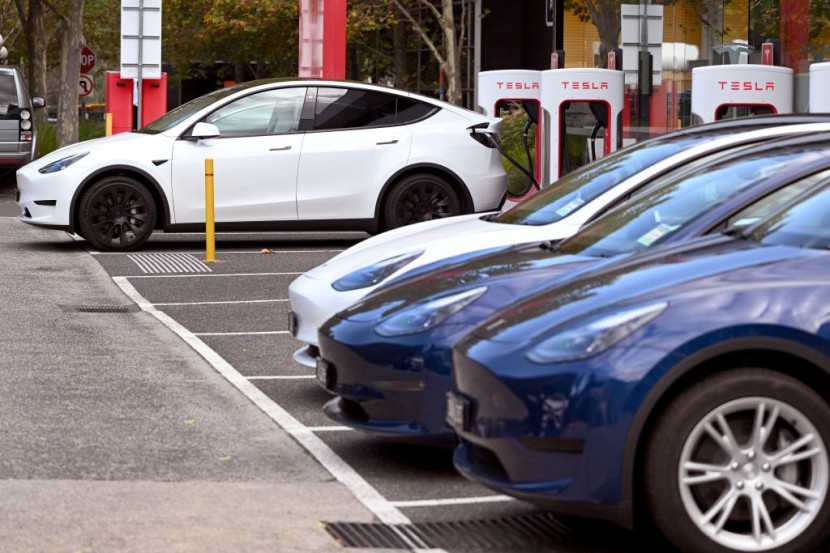Many people in the US are now switching to electric vehicles. However, the surge in demand has caused several states to pause EV incentives temporarily.
There are many reasons for the rising demand for EVs. One is that there are more EVs available. For example, Tesla continues to produce EVs. In 2023 alone, the company had over 400,000 units, as reported by Electrek.
States Pause EV Incentives
Another reason is that the available EVs now are more affordable, which makes it even more appealing to many people to make the switch.
Federal incentives, like the EV tax credit extension from the Inflation Reduction Act (IRA) can provide up to $7,500 for new buyers and $4,000 for used. In addition, states and some utility companies provide additional incentives ranging from a few hundred dollars to several thousand.
A report from AP News said that New Jersey is one of the latest states to temporarily pause its rebate program after it ran out of money because of its popularity. Their Charge Up New Jersey program provides residents with up to $4,000 in incentives to buy or lease a new EV.
However, they stopped accepting new applications for EV rebates on April 17. According to the board, the decision to pause the program because it distributed funding based on the current rate of application approvals.
Oregon is also pausing a popular rebate program because it got overwhelmed by the number of EV buyers. Oregon's Clean Vehicle Rebate program began in 2018, providing up to $7,500 for qualified households.
These pauses in EV incentives highlight the growing demand for electric vehicles and the need for states to invest in sustainable transportation infrastructure. As more people switch to EVs, states must continue to provide incentives and support to make these vehicles more accessible and affordable.

Increasing Popularity of Electric Vehicles
The increasing popularity of electric vehicles is a positive sign for the environment, as they emit significantly fewer greenhouse gases than traditional gasoline-powered cars. However, their high upfront cost remains one of the biggest barriers preventing many consumers from switching.
That's why government incentives such as rebates and tax credits are crucial in encouraging more people to buy EVs. The programs offered by New Jersey and Oregon have been incredibly successful in helping residents afford these vehicles.
But with this success comes challenges - namely, keeping up with demand. As states like New Jersey and Oregon pause their rebate programs due to funding shortages, it highlights the need for sustained investment in sustainable transportation infrastructure.
The good news is that several other states still offer robust incentive programs for EV buyers. California has long been promoting clean energy solutions through its Clean Vehicle Rebate Project, which offers up to $7,000 per vehicle, depending on income level.
Colorado recently passed legislation expanding its program, offering a maximum $5,000 state tax credit towards an eligible new or used electric vehicle purchase or lease.
As consumers become increasingly aware of environmental issues and seek ways to reduce their carbon footprint while driving modern automobiles equipped with advanced technology features that enhance convenience even further, governments must continue supporting them along this journey toward cleaner modes of transportation.
Related Article : US EPA Proposes New Vehicle Pollution Cuts, Predicts Major EV Growth








